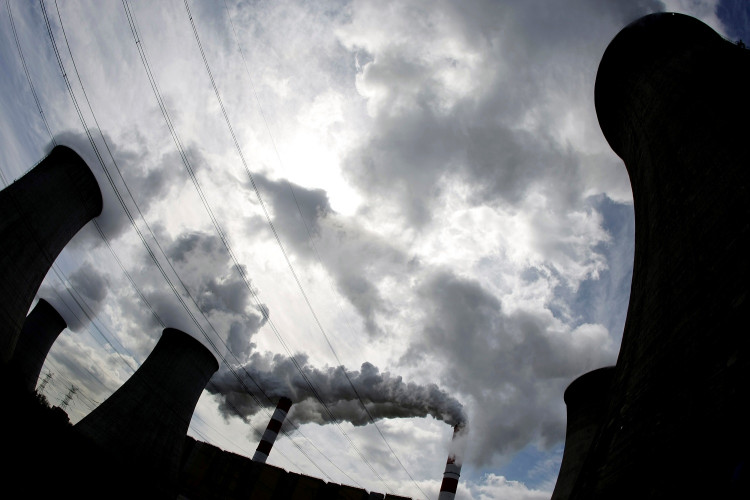As the world shut down in response to the COVID-19 health crisis, a decrease in greenhouse gas emissions has been observed. However, researchers say this drop will do "nothing" to slow climate change unless we turn our backs from fossil fuels.
The World Health Organization, on March 11, declared the coronavirus outbreak a pandemic, which is still the case to this day. To curb the spread of the virus, countries began implementing lockdown measures in order to limit movement and reduce physical contact. As a result, greenhouse gas emissions plummeted, as observed by Earth-orbiting satellites.
While this is good news, it still won't change where Earth is headed, according to a study led by the University of Leeds, which describes the need for large-scale interventions in order to better the climate of our planet.
The research team behind the study found that even if lockdown measures continued on until the end of 2021, the change in global temperatures is pretty minuscule -- merely 0.01 degrees Celsius lower than expected by 2030.
"The fall in emissions we experienced during COVID-19 is temporary and therefore it will do nothing to slow down climate change," said the University of East Anglia's Corinne Le Quere, co-author of the paper.
To find out how lockdown measures have impacted greenhouse emissions and climate in the long term, the team estimated how the emission levels of air pollutants and several greenhouse gases changed between February and June in over 100 nations. They found that there has been significant dips in the production of pollutants during those four months, between 10% and 30%.
It was quickly pointed out, however, that the temporary drop in emissions will not greatly affect the state of the climate because lockdown measures will last long, as opposed to massive, structural changes with a long-term goal.
By comparison, bigger changes like reducing the use of fossil fuels globally would result in a more lasting, positive effect on climate, based on a model designed by the researchers. Moreover, the team said that governments play a huge part in implementing such changes.
The research team found that if invested 1.2% of the gross domestic product in low-carbon technology post-lockdown, emissions could be slashed in half by 2030 compared to the continued use of fossil fuels after the lockdown.
"The government responses could be a turning point if they focus on a green recovery, helping to avoid severe impacts from climate change," Le Quere added.
The team's paper has been published in the journal Nature Climate Change.






